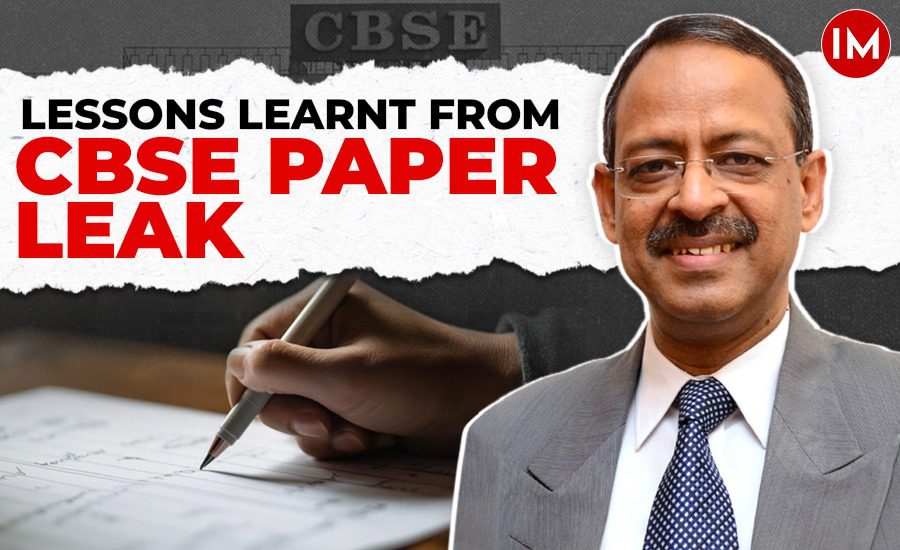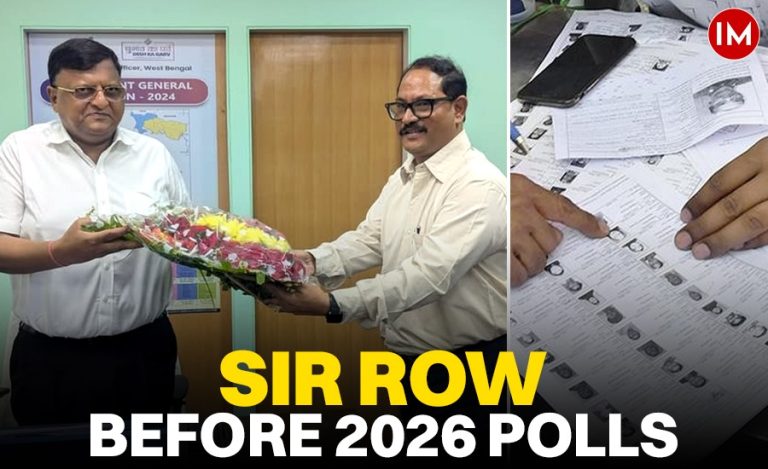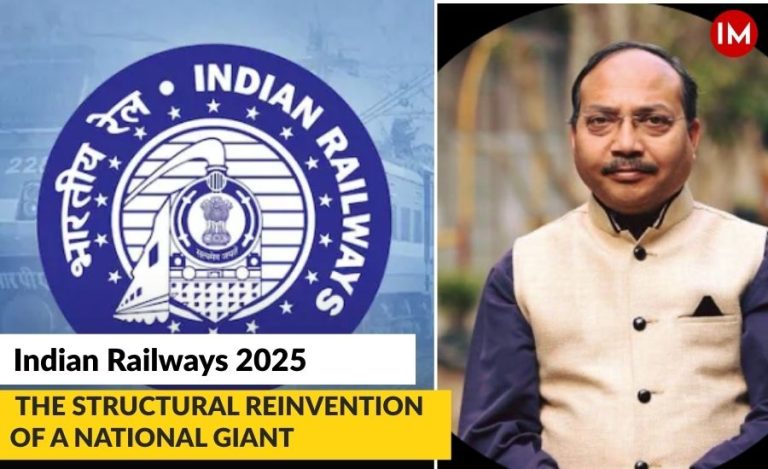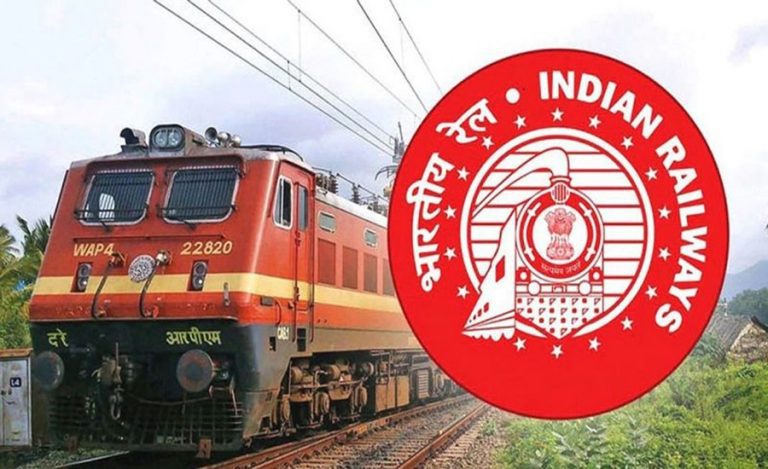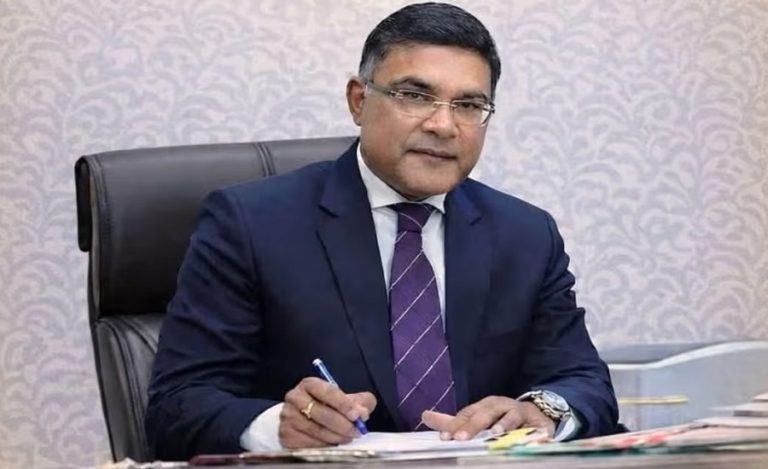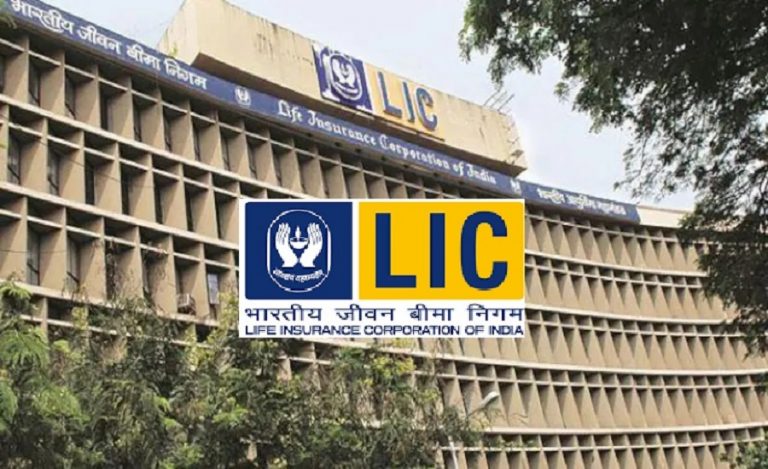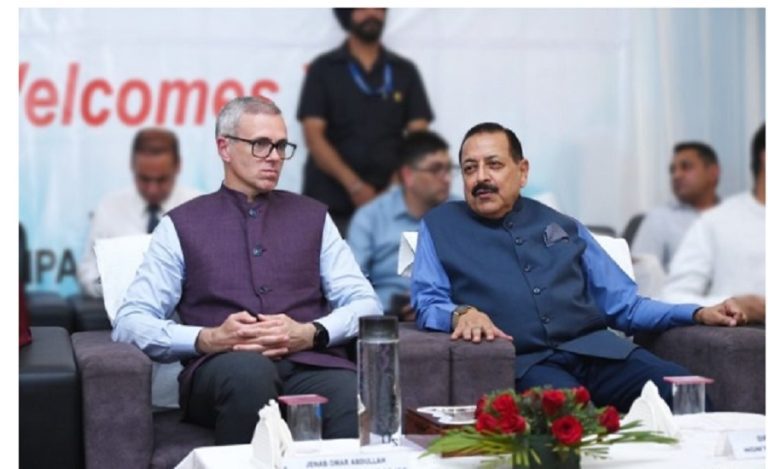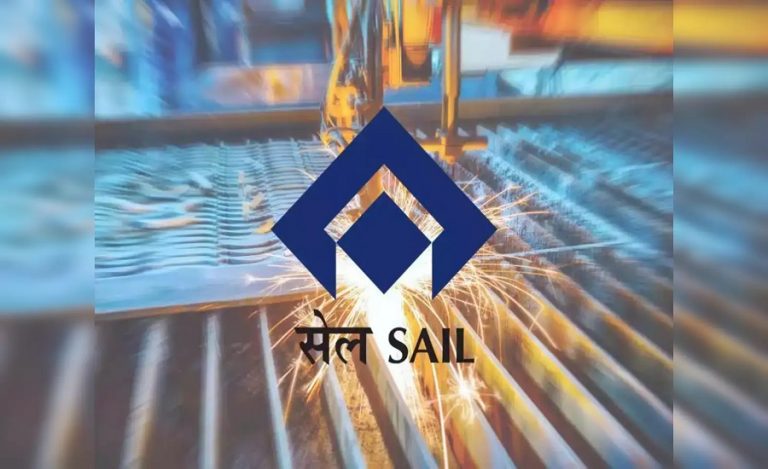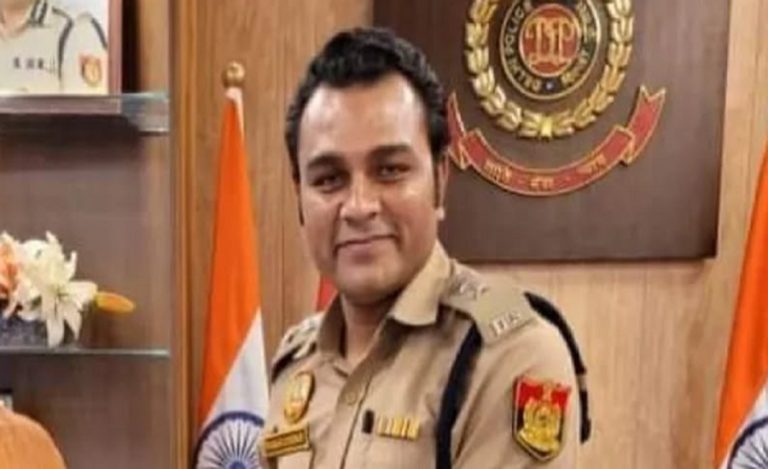India is in the throes of an unprecedented crisis as the future of a number of aspirants to the medical profession hangs in balance. National Testing Agency (NTA) carries out the entrance test for entry to medical colleges all over the country through the National Eligibility cum Entrance Test (NEET). Unfortunately, there were allegations of leakage of the test paper this year. The Education Minister, Dharmendra Pradhan initially denied all such allegations but as more and more evidence emerged about the paper leak, he took the moral responsibility.
However, unlike some of the Ministers in the past who offered to resign while taking moral responsibility of ‘mishaps’, no such offer has so far been made by the current Education Minister. I will be surprised if such an offer is made by him in the future even though the opposition is now baying for his blood. My assessment of Dharmendra Pradhan is based on what I saw of him in my capacity as Coal Secretary, Government of India from 2014 to 2016.
At that time, Dharmendra Pradhan was Petroleum Minister and I had to interact with him on several occasions. Having also interacted with some other Ministers in the NDA government, I found him totally different from his other colleagues in the Cabinet. My experience with him is outlined in my recently released book, “Encounters with Politicians”.
India has witnessed so many leaks and paper leaks during the past few days that even the “accommodating” Indian media has not been able to ignore them. Apart from a couple of airports where recently built roofs collapsed, the birthplace of Lord Ram where huge investment was made in sprucing up the infrastructure was also impacted. The leaks have been attributed to unprecedented rains but the paper leaks seem to have become the order of day. Damage caused by the leaks can be repaired but when trust in exams crumbles, the future of a nation does too. India faces this harsh reality as paper leaks become disturbingly routine, with the events of the last couple of weeks being quite unprecedented. These leaks spread from Gujrat to Bihar and cancellations of various coveted entrance examinations directly impact the future of aspirants in medical and other professions.
I recall my personal experience with the CBSE paper leak in 2018 when I was Secretary, School Education and Literacy. In that instance, the CBSE was not at fault, yet the ire was directed at the Chairperson of CBSE. Against all odds, I defended her and then attempted to put in place a system that has stood the test of time, resulting in no such leaks after that.
Not many are aware that most of the entrance examinations currently conducted by the National Testing Agency (NTA) were earlier conducted by CBSE, which did a decent job. The decision to set up a separate agency was taken in 2018. The officers tasked to head this agency were of impeccable credentials, including Vineet Joshi and even Subodh Kumar Singh who was recently shifted from the post of DG, NTA. In light of this, the key question is why the leak happened when the officers had such impeccable credentials. I distinctly recall that even in 2018, the then Minister, Prakash Javadekar was in favour of sacking the then Chairperson to ‘diffuse’ the situation. That was the easy way out. However, I convinced him otherwise as I believed such a step would demoralize the entire organization.
On this occasion, however, an easy way out has been found without even determining the responsibility of the concerned officer. As mentioned earlier, the Minister has apparently gotten away by just taking the “moral responsibility” after initially prematurely denying that the paper was leaked. My experience tells me that all governments resort to such easy ways out instead of understanding the root of the problem.
Whether it was the crisis in the coal sector in 2014 when I took over as Secretary of Coal, the Government of India, or the paper leak crisis in 2018, my approach was always the same: identify the root causes of the crisis and develop solutions through in-depth understanding and analysis. This strategy proved effective in both instances. The coal crisis was resolved and we haven’t seen a paper leak in the CBSE since the last one in 2018.
In the context of the current crisis, though there is a CBI investigation underway to determine the responsibility of those involved in this paper leak, I doubt that CBI is equipped to suggest preventive measures. Instead, the CBI might focus on hounding officers, potentially demoralizing most of them, a scenario I have witnessed during my tenure as Secretary of coal. The consequences of CBI’s overreach can still be seen, with many honest officers suffering today. Yet, those in the audience love this drama.
The Government has also set up a committee led by the former Chairman, ISRO to suggest ways to prevent such irregularities in the future. While this is a typical governmental response during a crisis, I hope the committee devises a robust formula to prevent such occurrences. It is ironic, though why didn’t the eminent members of the Board (Chaired by the former Chairman, UPSC with several IIT Directors as members) of NTA look at the existing processes that led to the leak in the first place?
We will perhaps eventually get to why the leaks happened and who was responsible for it but it would be worthwhile to examine how CBSE implemented a leak-proof system in 2018 that remains effective today and see if there are any lessons for NTA. After the unfortunate paper leak in 2018, the entire examination process was scrutinized by CBSE to plug all possible loopholes.
We are in the habit of penalizing people, on many occasions even before fixing the responsibility. This demoralizes the entire organization that is expected to take corrective steps. The then Chairperson, CBSE, Anita Karwal who would have otherwise been sacked was responsible for bringing about a systemic change that has stood the test of time. She later went on to become Secretary of School Education, Government of India, and performed brilliantly. We need to think in terms of such systemic change in the NTA and this can be done not by summarily sacking officers but by bestowing and building trust.

